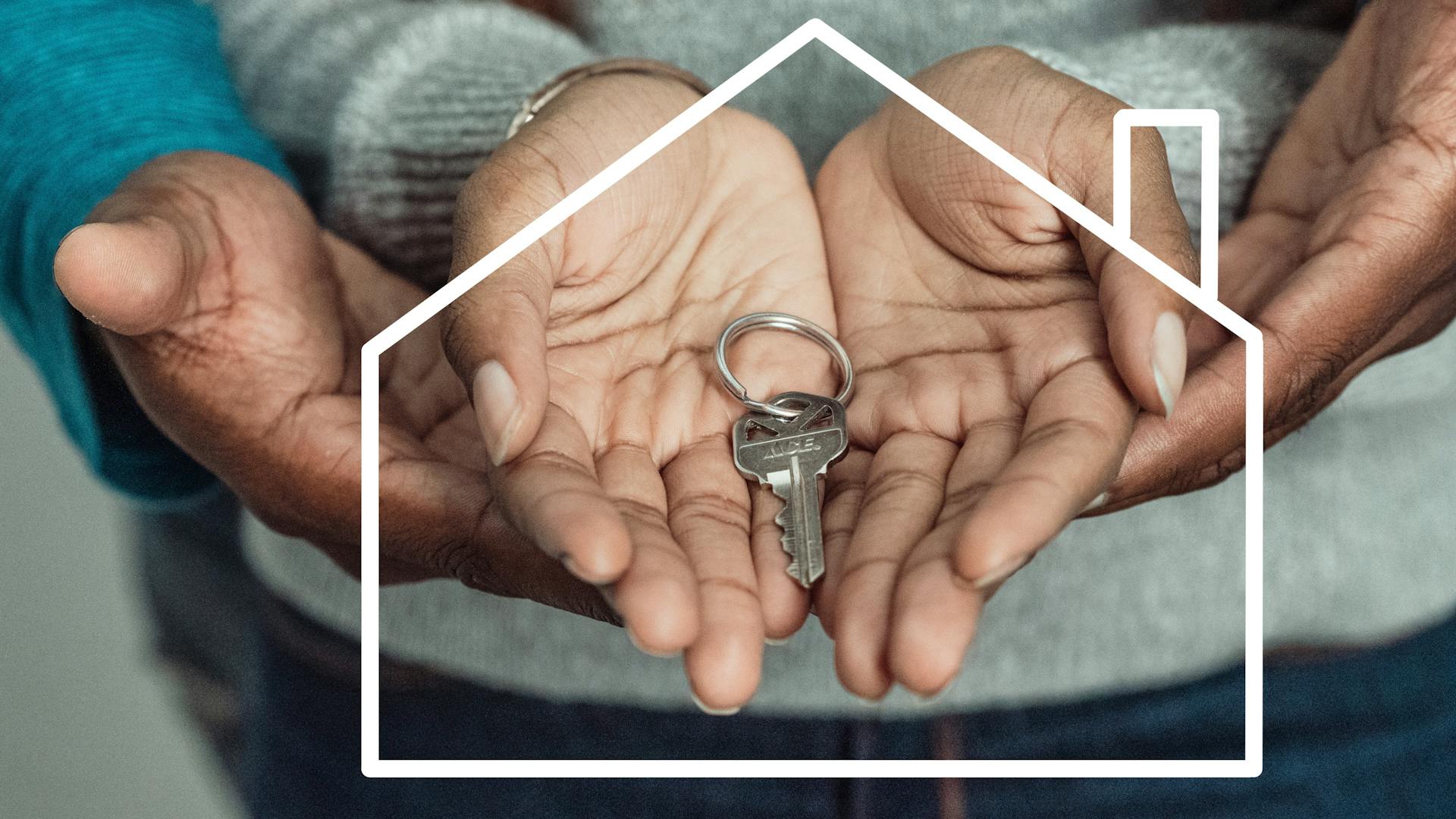

Question: How Do You Buy a House With a Common-Law Partner?
Answer: How do you buy a house with a common-law partner? Jointly, with both names on the title and mortgage, or individually, with one partner solely responsible. Clearly define ownership and responsibilities in a legal agreement.
Homeownership with a Common-Law Partner
How do you buy a house with a common-law partner? Purchasing a home with a common-law partner represents a significant milestone in your relationship. However, the legal landscape differs from that of married couples, necessitating careful planning and open communication. This article explores the key considerations and steps involved in navigating the home-buying process as common-law partners.
Defining Common-Law Relationships
In Ontario, a common-law relationship exists when two individuals live together in a conjugal relationship for at least three years or have a child together and have cohabitated for any length of time. Understanding this legal definition is crucial because it affects your rights and responsibilities regarding property ownership.
Click here for more information about Orangeville real estate agents
Related Article: What Happens To the House When a Common-Law Spouse Dies?
Related Article: How is Property Divided When a Common-Law Relationship Ends?
Financial Planning and Mortgage Considerations
Buying a house with a common-law partner requires thorough financial planning. You must openly discuss your respective financial situations, including income, debts, and credit scores. Lenders assess both partners’ creditworthiness when approving a mortgage. Consider the following:
Joint Mortgage Application
Applying for a mortgage jointly requires both partners to meet the lender’s criteria. This can streamline the process but also links both your credit histories to the mortgage.
Individual Mortgage Application
One partner can apply for the mortgage solely in their name. This requires the individual applicant to qualify independently based on their income and credit score. However, this can complicate matters regarding ownership and responsibilities should the relationship end.
Determining Ownership Percentages
If you contribute unequal amounts to the down payment or ongoing mortgage payments, you might want to reflect this disparity in your ownership percentages. A cohabitation agreement can formalize these arrangements.
Cohabitation Agreements: Protecting Your Interests
A cohabitation agreement serves as a crucial legal document that outlines the rights and responsibilities of each partner in the relationship and regarding the shared property. It helps avoid potential disputes and provides clarity should the relationship dissolve. While not mandatory, a cohabitation agreement offers substantial protection and peace of mind.
Key Provisions to Include
A well-drafted cohabitation agreement should address:
Ownership Structure:
Clearly define the ownership structure of the property, specifying whether it’s joint tenancy or tenancy-in-common, and the respective ownership percentages.Financial Contributions:
Detail each partner’s contributions to the down payment, mortgage payments, property taxes, utilities, and other expenses.Responsibilities and Division of Labour:
Outline how responsibilities for home maintenance, repairs, and other household tasks will be divided.Dispute Resolution:
Establish a process for resolving disagreements regarding the property or the relationship.What Happens if the Relationship Ends:
Outline a plan for the division of assets, including the property, should the relationship dissolve. This can include buy-out options or procedures for selling the property.
Seeking Legal Advice
Navigating the legal complexities of buying a house with a common-law partner can be challenging. Consulting with a real estate lawyer specializing in family law is essential. A lawyer can advise you on the best ownership structure, draft a comprehensive cohabitation agreement, and ensure your interests are protected throughout the process.
Consulting a financial advisor is also recommended to discuss mortgage options, create a joint budget, and develop a long-term financial plan.
Conclusion
Buying a house with a common-law partner requires careful planning, open communication, and a thorough understanding of your legal rights and responsibilities. By addressing these aspects proactively, consulting with legal professionals, and establishing clear agreements, you can lay a solid foundation for successful homeownership and a secure future together. [ 1 ]
References
1. https://loanscanada.ca/mortgage/buying-a-house-as-a-common-law-couple/


